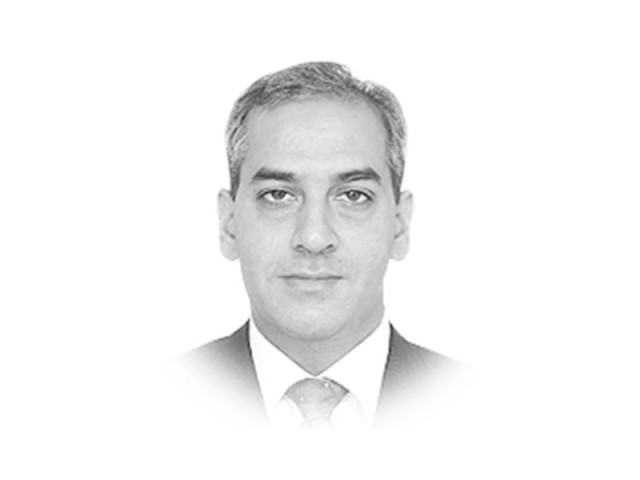Understanding extremism in Pakistan
Overemphasis on establishing Islamic state in public arena, it became central theme of national discourse, narrative.

The writer holds a PhD degree in International Relations and is a visiting faculty member at different universities of Khyber-Pakhtunkhwa
In essence, the nature and genesis of extremism in Pakistan seems to be connected with the wider movements and phenomena of both, political Islam and Islamic revivalism. However, deeper analysis of the extremist trends in Pakistan brings to the fore the significant finding that it is neither of the two. The seemingly political and revivalist nature of extremism in Pakistan is due to the very reason that the ruling elite have through their handpicked clerical groups been trying to present the country, not only as a symbol but also a physical manifestation of political Islam and Islamic revivalism.
The aim has been to rally the public behind them by manipulating the sentimental attachment of Pakistanis with Islam. Concomitantly, due to overemphasis on establishing an Islamic state in the public arena, it becomes the central theme of the national discourse and narrative. Gradually, the theme started reflecting in the private arena and soon became a popular demand. Therefore, in order to assuage public sentiments, and to accommodate religious clerical groups and to create legitimacy for them, the ruling elite started reflecting the fulfilment of the demand and the course of it in national documents like the Objectives Resolution and different constitutions. Had there been no such strong emphasis on religion from the ruling elite-dominated state in Pakistan, the public and the religious groups would not have become vociferous in demanding the establishment of a theocratic state. On the other hand, religious groups and parties would not have gained so much nuisance value and public importance. This can be gauged from two very important examples. In the initial years of Pakistan, there never was a strong demand from the public to establish a theocratic state, therefore, neither in the stillborn 1956 Constitution nor in the 1962 Constitution, were there any elaborate or special provisions for establishing an Islamic state and society in Pakistan. However, in the 1973 Constitution, a special section of Islamic provisions was incorporated. Notably, these so-called Islamic provisions are not included in the operational part of the 1973 Constitution but are only mentioned in the ‘Directive Principles of Policy’ part, which in other words means that they are not binding provisions of the Constitution. This shows that the ruling elite even then was not ready to establish a theocratic state but only wanted to give an impression that they were quite sincere with the idea of putting in place a true Islamic dispensation. Therefore, propaganda was launched both, by the state and the religious-clerical groups, to term the 1973 Constitution the ‘great leap forward’ towards making Pakistan a true Islamic state and society. Both the ruling elite and the religious groups wanted to take credit for Islamising the state while consciously knowing that the 1973 Constitution never had any provisions to establish a theocratic or so-called Islamic state.
Without comprehending the nature of extremism in Pakistan and its dynamics, the formulation of a viable counter-extremist and counterterrorism policy is not possible.
Published in The Express Tribune, October 30th, 2013.
Like Opinion & Editorial on Facebook, follow @ETOpEd on Twitter to receive all updates on all our daily pieces.















COMMENTS
Comments are moderated and generally will be posted if they are on-topic and not abusive.
For more information, please see our Comments FAQ